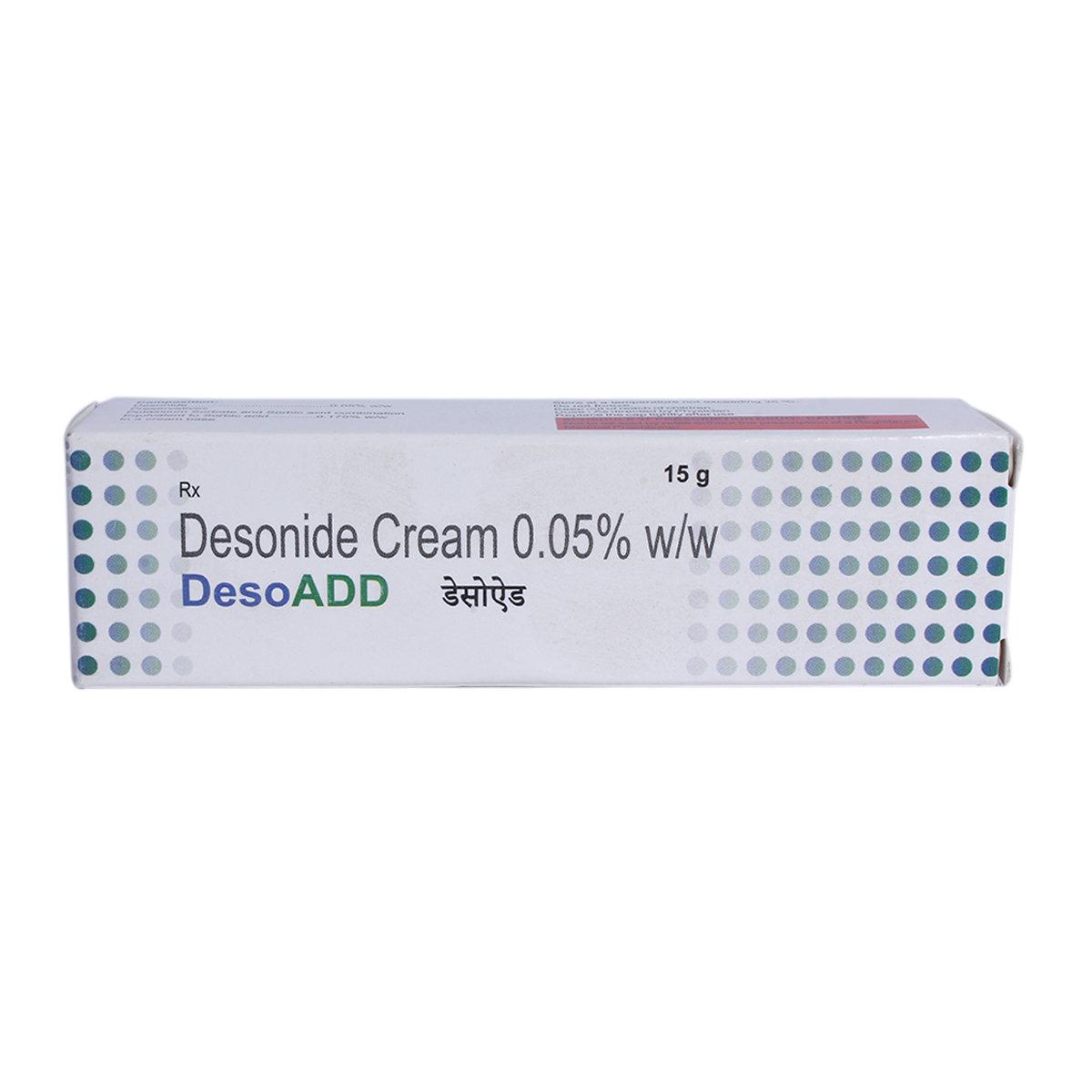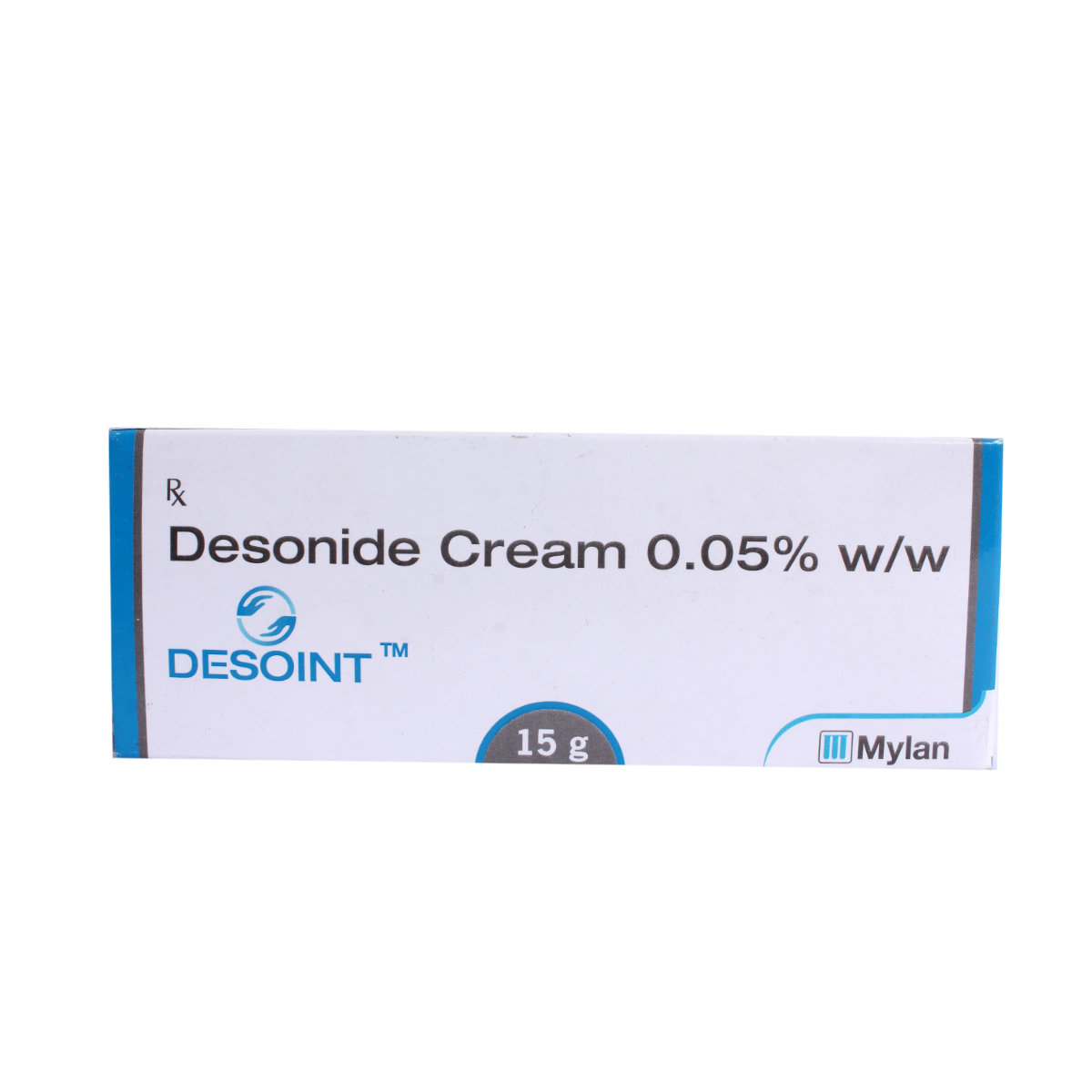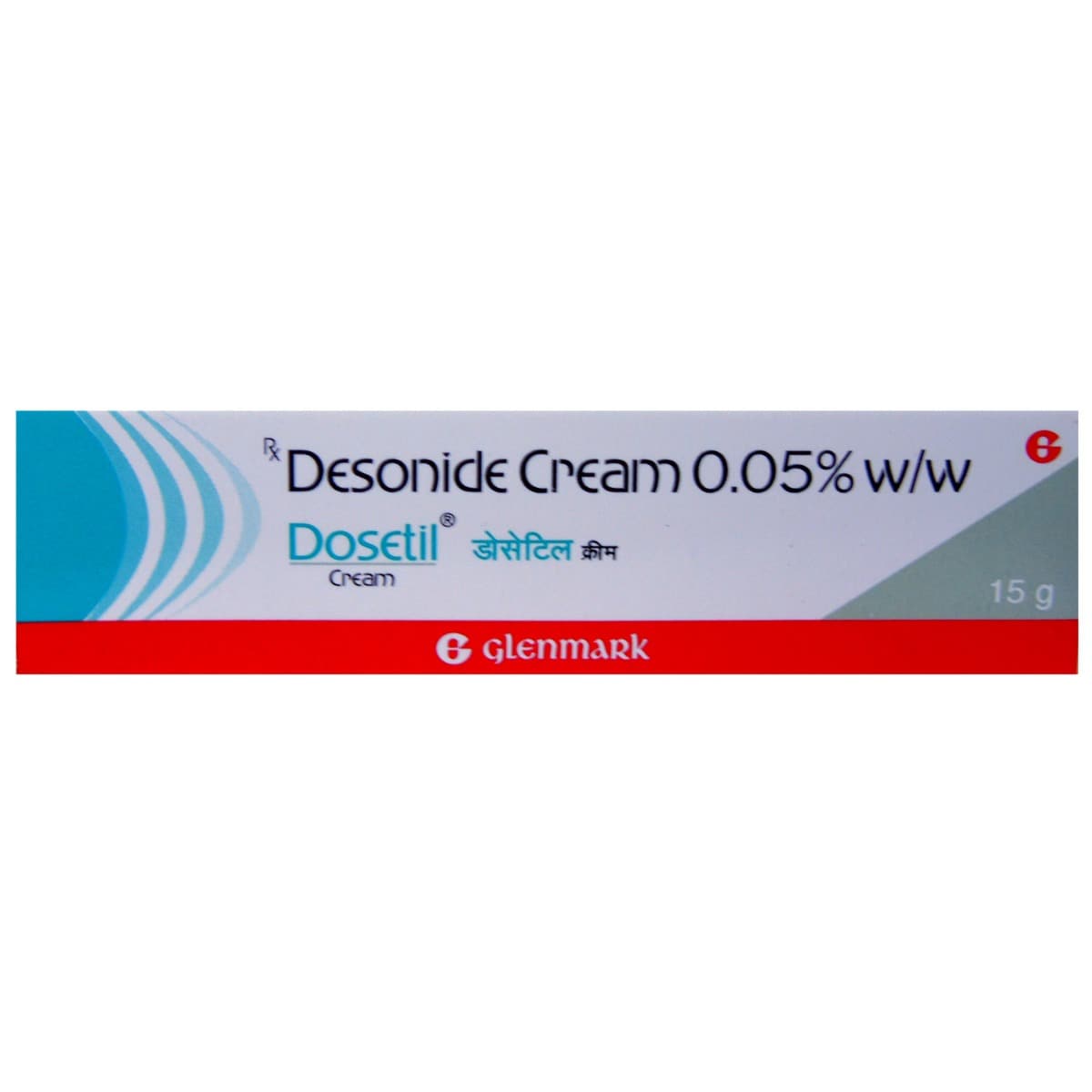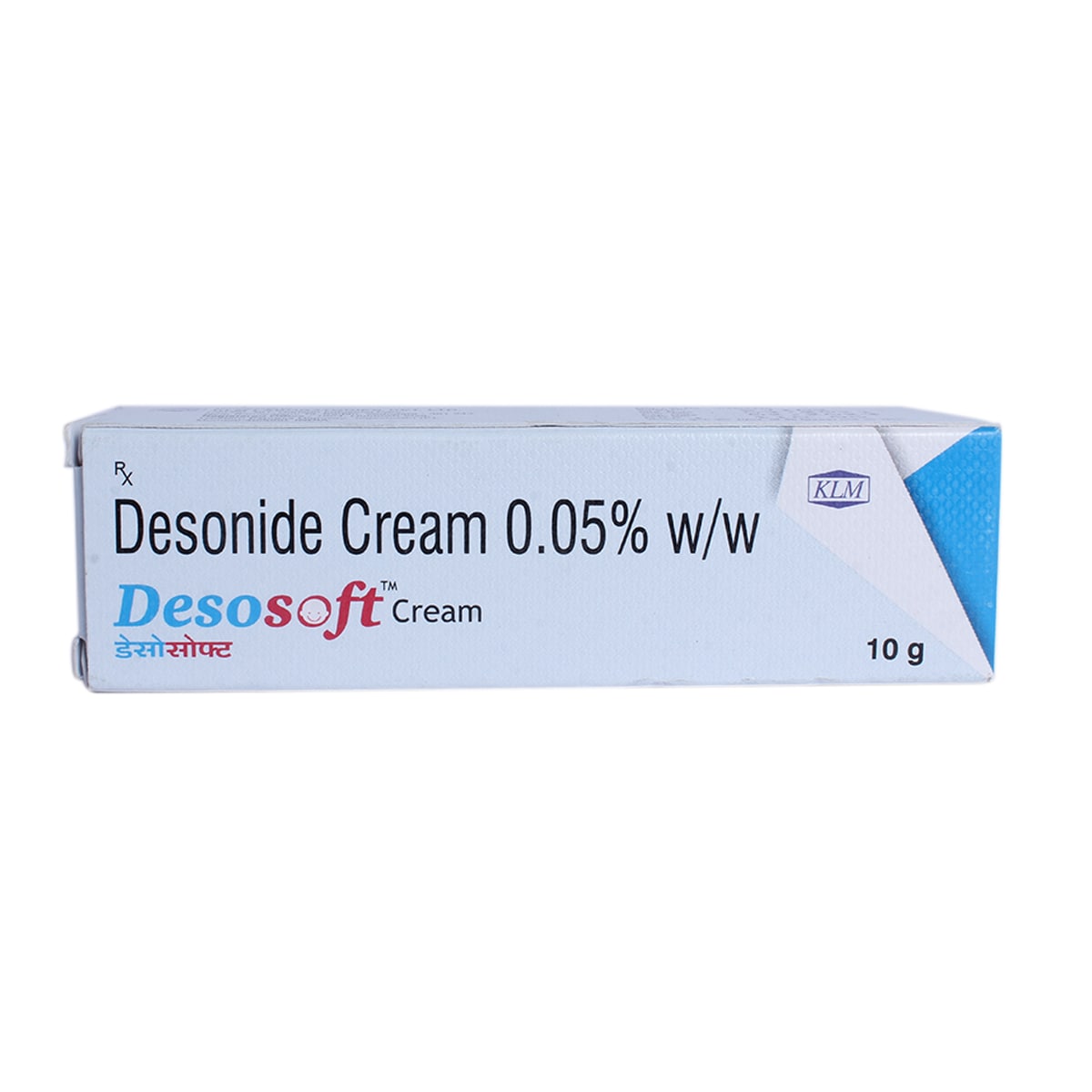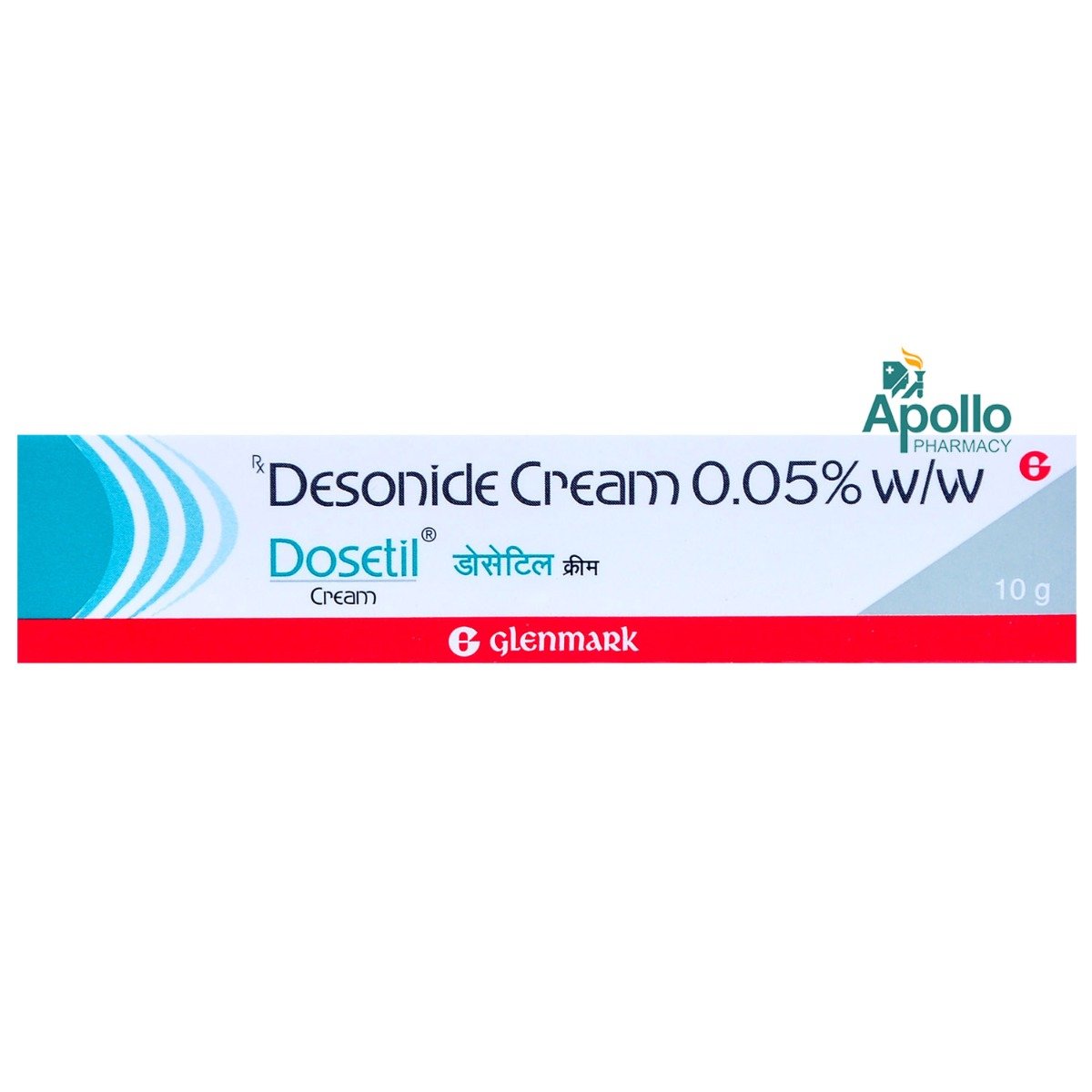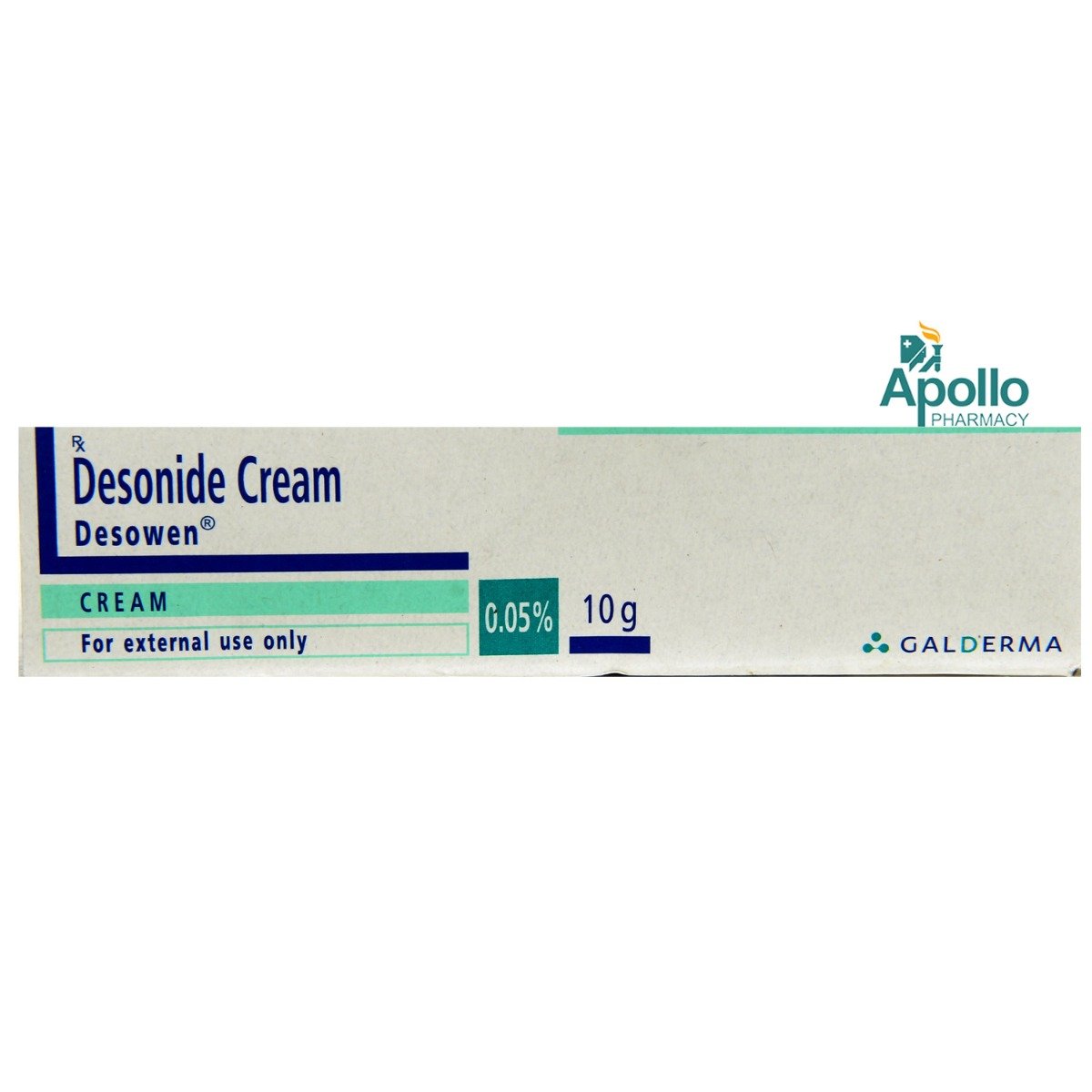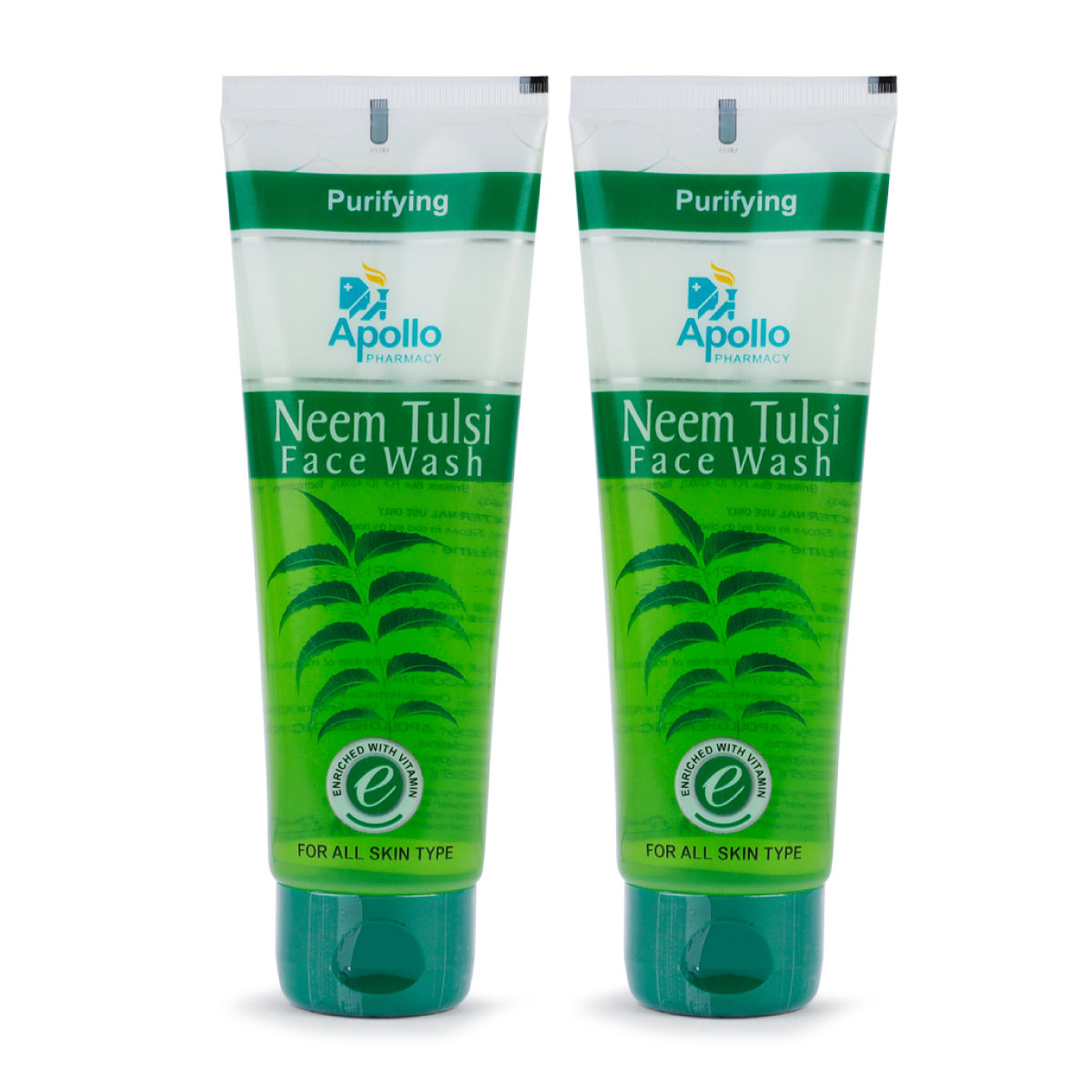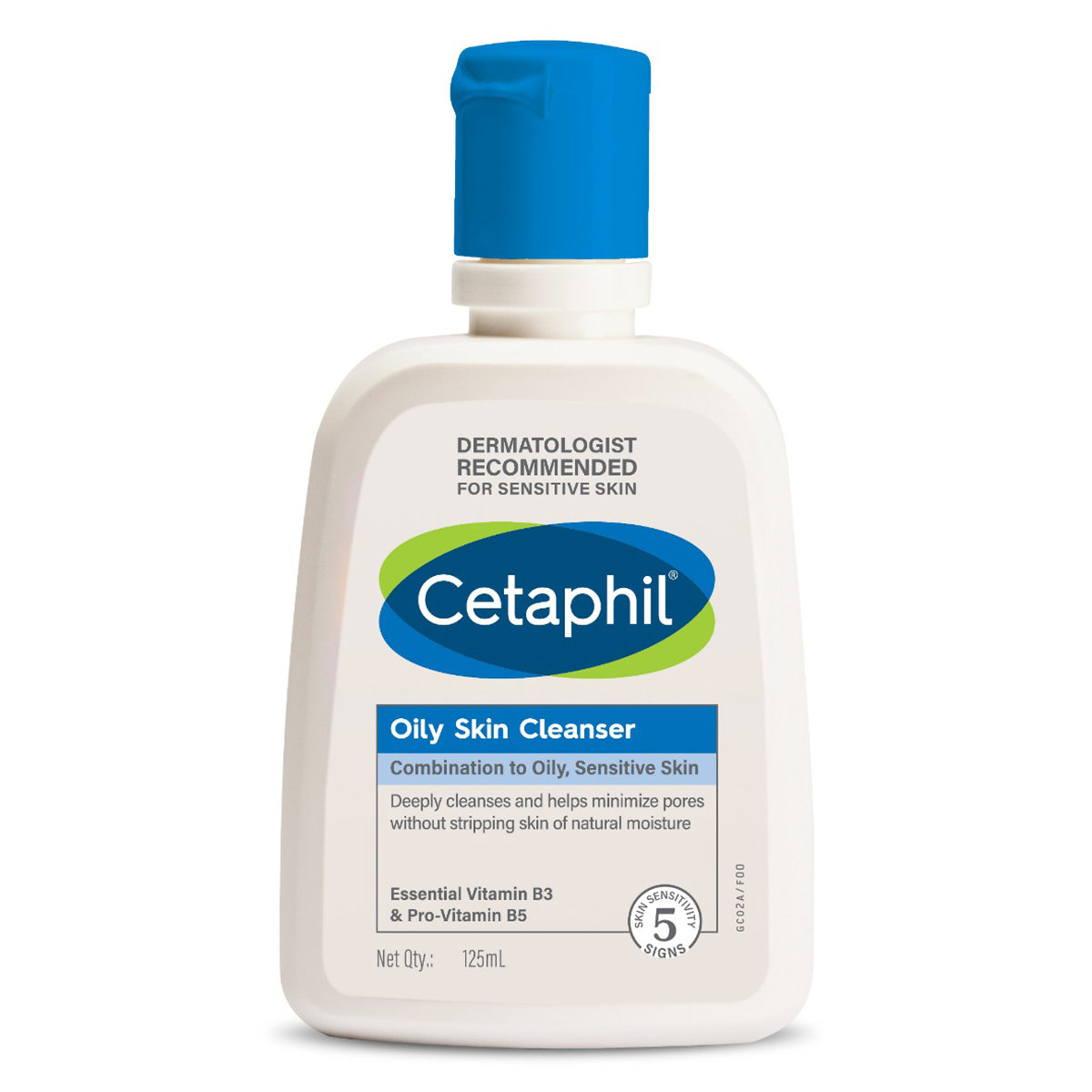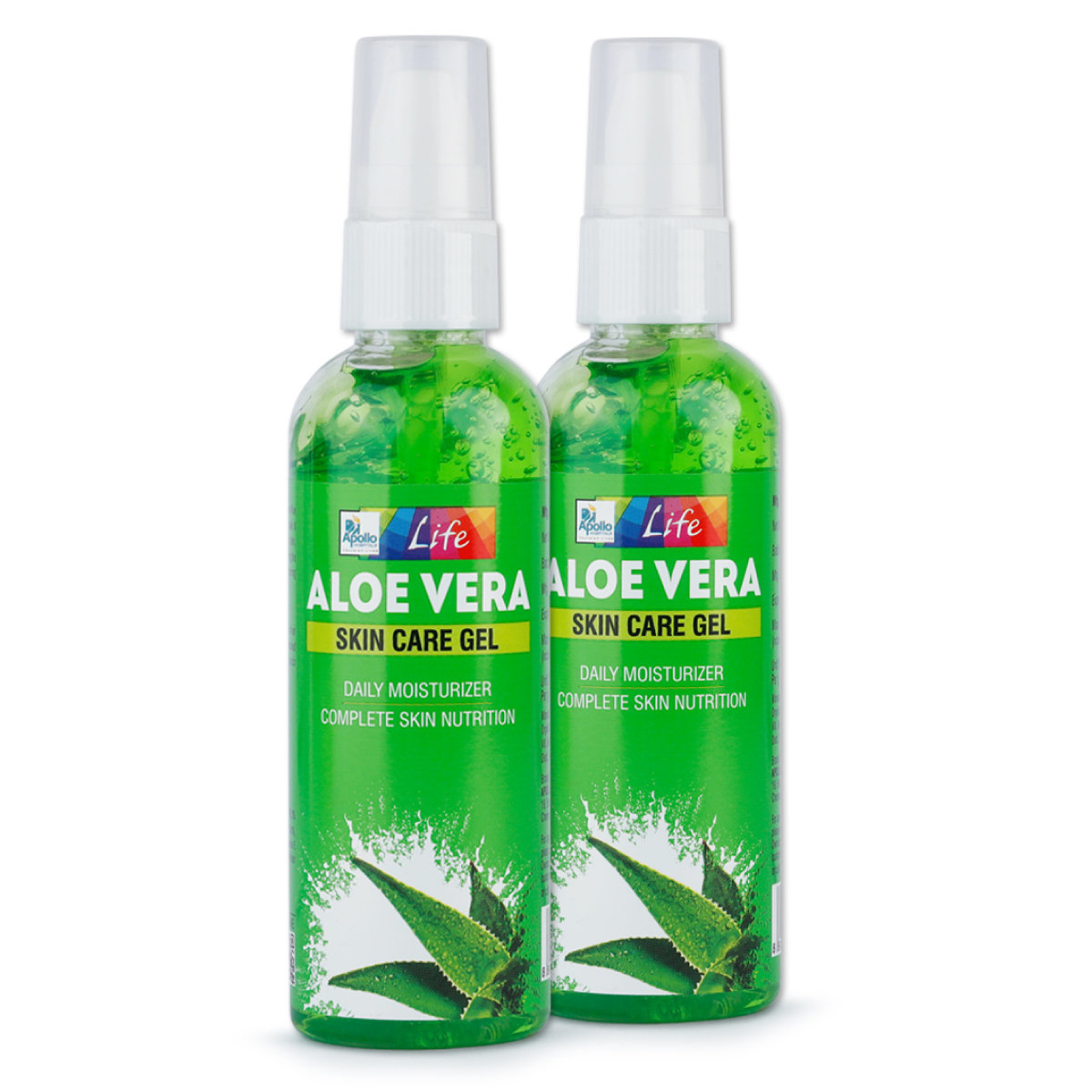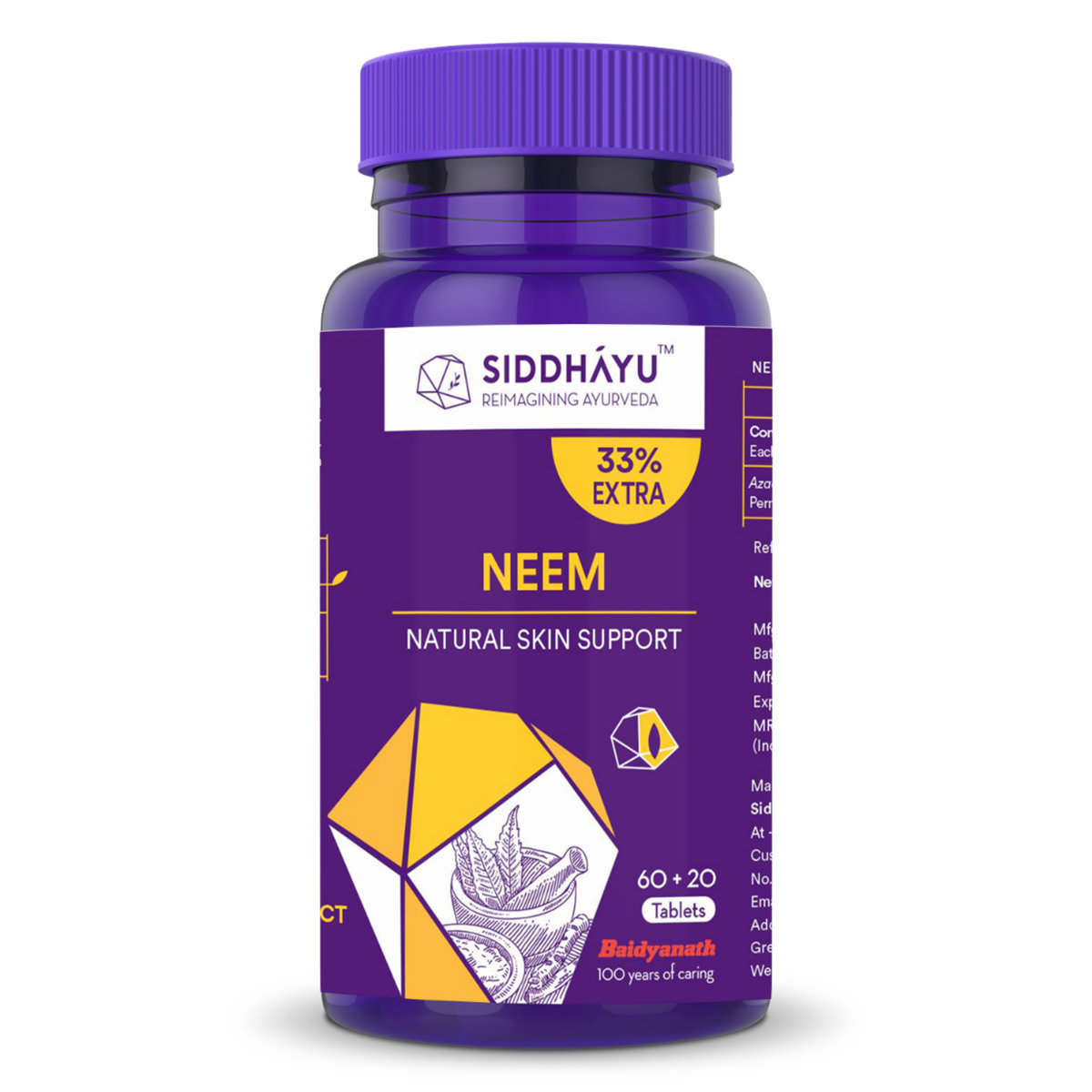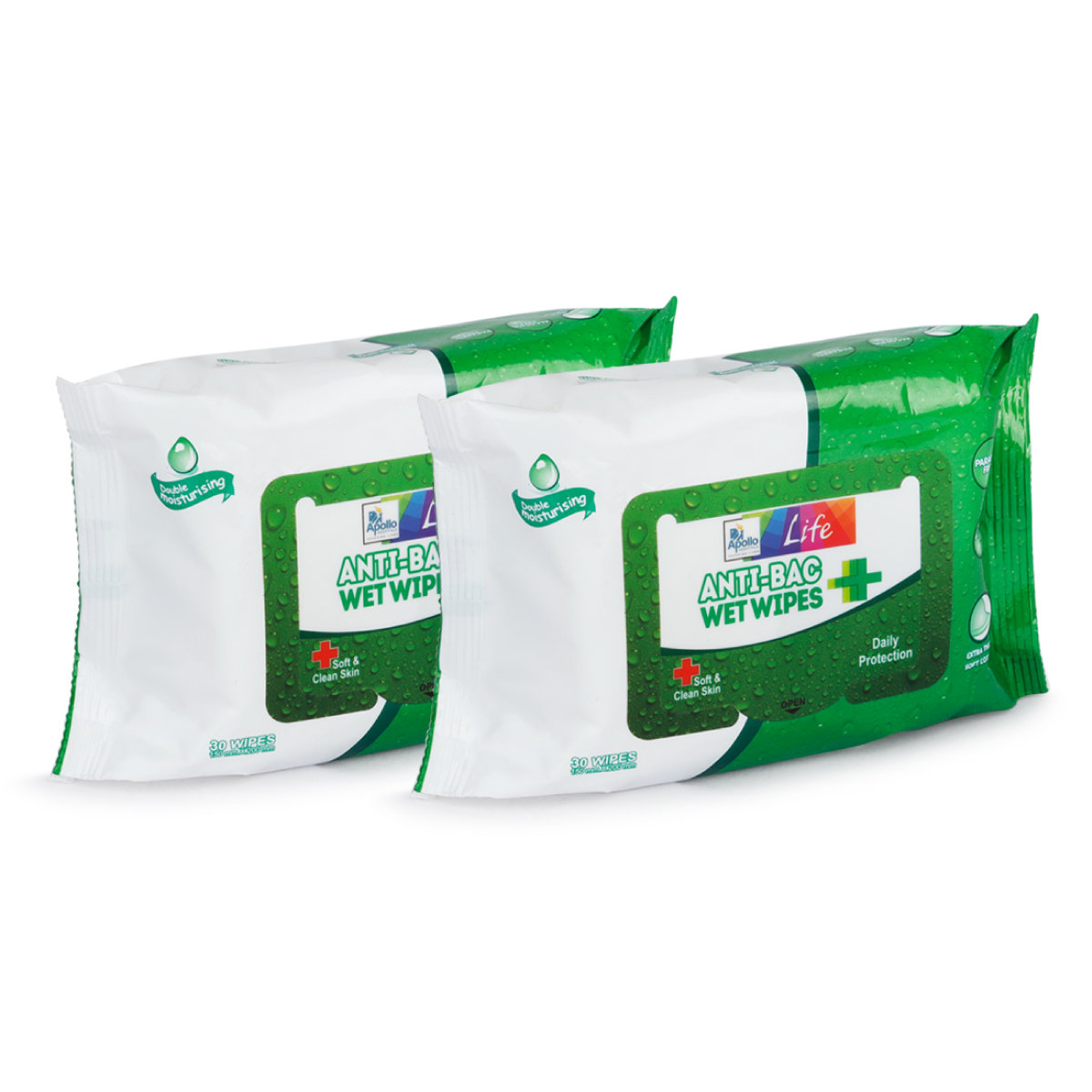Atonide Cream
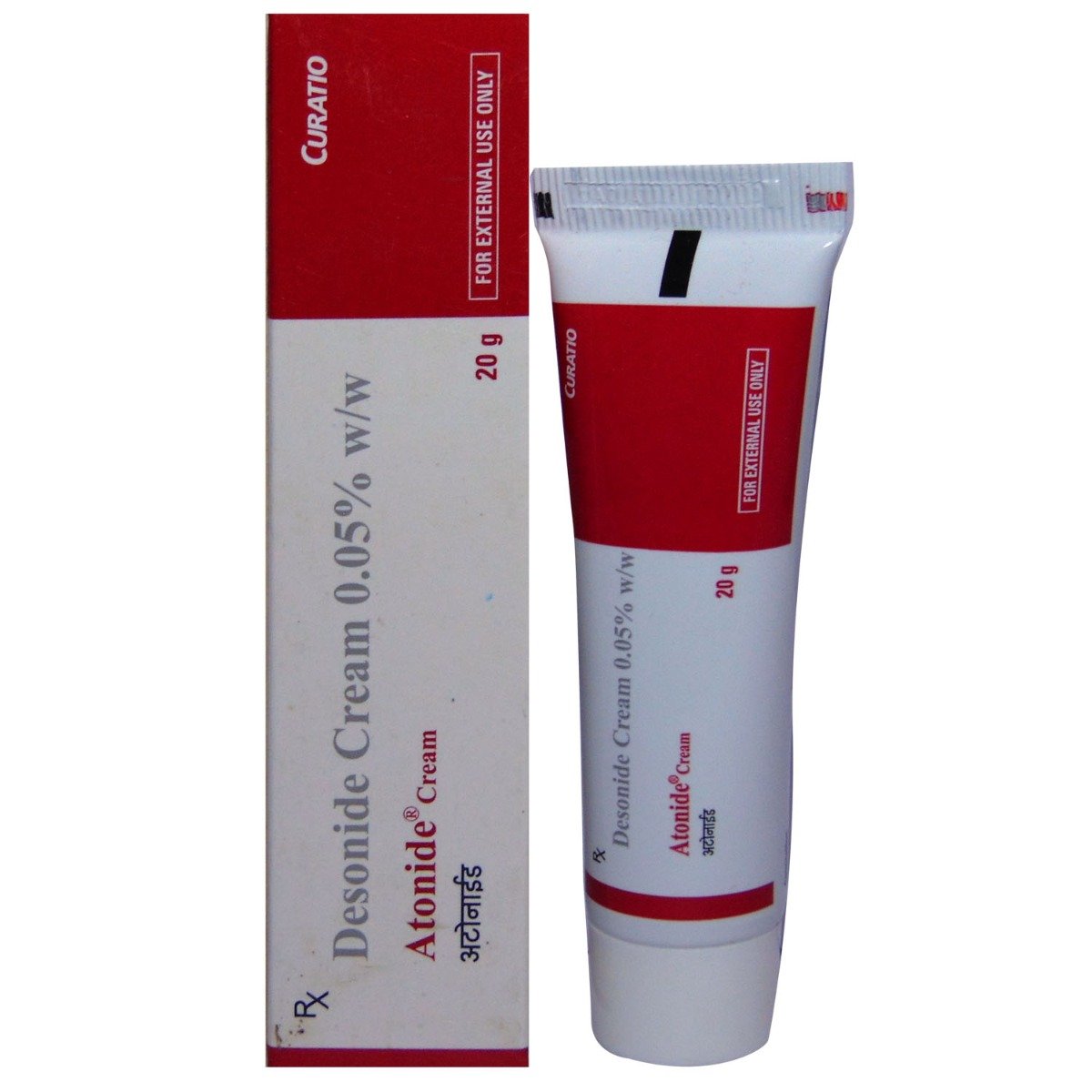
MRP ₹236.5
(Inclusive of all Taxes)
₹35.5 Cashback (15%)
know your delivery time
Provide Delivery Location
Composition :
Manufacturer/Marketer :
Consume Type :
Expires on or after :
Return Policy :

Secure Payment

Trusted by 8 Crore Indians

Genuine Products
Therapeutic Class
Country of origin
Manufacturer/Marketer address
Author Details
We provide you with authentic, trustworthy and relevant information
FAQs
Disclaimer
Alcohol
Safe if prescribed
It is not known whether Atonide Cream interacts with alcohol. Please consult your doctor.
Pregnancy
Consult your doctor
Atonide Cream is a Pregnancy Category C medicine. There are no adequate studies on the effect of Atonide Cream on pregnancy. Hence, please consult your doctor if you have any concerns regarding this; your doctor will prescribe only if the benefits outweigh the risks.
Breast Feeding
Consult your doctor
Do not apply Atonide Cream on the breast or nipple if you are a nursing mother. Please consult your doctor if you have any concerns regarding this, your doctor will decide whether Atonide Cream can be used by breastfeeding mothers or not.
Driving
Safe if prescribed
Atonide Cream does not affect driving.
Liver
Consult your doctor
Please consult your doctor if you have any concerns regarding usage of Atonide Cream in patients with liver impairment.
Kidney
Consult your doctor
Please consult your doctor if you have any concerns regarding usage of Atonide Cream in patients with kidney impairment.
Children
Safe if prescribed
Atonide Cream is safe to use in children if prescribed by the doctor. However, Atonide Cream should not be used in children below three months.
Product Substitutes
About Atonide Cream
Atonide Cream belongs to the group of medicines known as topical corticosteroids used to treat skin problems such as redness, itching and swelling. It is generally prescribed for mild to moderate atopic dermatitis (eczema), seborrheic dermatitis, and contact dermatitis.
Atonide Cream contains 'Desonide' that works by blocking the production of certain chemical substances in the body which cause allergy and inflammation (swelling and redness). Thereby, Atonide Cream helps to treat redness, itching, irritation, and inflammation.
In some cases, Atonide Cream may cause common side-effects such as skin peeling, dryness, burning sensation, irritation, stinging sensation, itching and redness at the site of application. Most of these side effects do not require medical attention and will resolve gradually over time. However, you are advised to talk to your doctor if you experience these side effects persistently.
Do not use Atonide Cream for more than 4 weeks unless prescribed by a doctor. Do not use Atonide Cream if you had a skin reaction or irritation to any steroid medicine. Consult your doctor before using Atonide Cream if you are pregnant or breastfeeding. Do not apply Atonide Cream on the chest if you are breastfeeding. Atonide Cream is not recommended for children below 3 months of age as efficacy and safety have not been established.
Uses of Atonide Cream
Medicinal Benefits Mweb
Key Benefits
Atonide Cream belongs to the group of medicines called corticosteroids. Atonide Cream is used to treat mild to moderate atopic dermatitis (eczema), seborrheic dermatitis, contact dermatitis, skin rashes, skin irritation and skin inflammation. Atonide Cream works by blocking the production of certain chemical substances in the body which cause allergy and inflammation (swelling and redness). Thereby, Atonide Cream helps to treat redness, itching, irritation, and inflammation.
Directions for Use
Side Effects of Atonide Cream
- Skin peeling
- Dryness
- Burning sensation
- Irritation
- Stinging sensation
- Itching
- Redness
Drug Warnings
Hormonal changes were reported if Atonide Cream is used regularly and at very high doses. It can alter adrenal glands (glands that make hormones) and can cause Cushing’s syndrome. Symptoms include a round puffy face, weight gain, hump on the back, and pink/purple stretch marks on the stomach, tiredness, muscle weakness, and weight loss. Besides this, Atonide Cream may also cause symptoms of skin irritations like skin rash, itchy skin, swelling, blisters, and irritation. Contact your doctor if you notice these symptoms. Do not use Atonide Cream if you are allergic to any of its components or any other topical steroids. If your skin condition does not improve even after four weeks consult your doctor. Talk to your doctor if you have heart, kidney or liver problems. Consult your doctor before using Atonide Cream if you are pregnant or breastfeeding. Do not apply Atonide Cream on the breast or nipple if you are breastfeeding. Atonide Cream is not recommended for children below three months of age as efficacy and safety have not been established.
Drug-Drug Interactions
Drug-Drug Interactions
Login/Sign Up
Drug-Food Interactions
Drug-Food Interactions
Login/Sign Up
Drug-Diseases Interactions
Drug-Diseases Interactions
Login/Sign Up
Drug-Drug Interactions Checker List
- METFORMIN
- HYDROCORTISONE
- CYCLOSPORINE
Habit Forming
Special Advise
- Clean and dry the affected area before using Atonide Cream.
- Do not use Atonide Cream on dressing, band-aids and make-up unless told by the doctor.
- If Atonide Cream comes in contact with eyes, nose or mouth, rinse with water immediately.
- Wash your hands before and after using Atonide Cream; however, do not wash your hands if you are applying Atonide Cream on your hands.
Diet & Lifestyle Advise
- Eat foods rich in quercetin (a flavonoid) such as apples, cherries, broccoli, spinach and blueberries.
- Consuming food rich in probiotics helps develop the immune system against allergies.
- Limit intake of food that might trigger allergies, such as dairy products, soy, eggs, and nuts.
- Avoid consumption of foods with excess sugar as it may flare up inflammation.
- Include fruits, vegetables, whole grains, healthy fats and fish in your diet.
- Reducing stress and maintaining a good sleep cycle would be helpful.
- Avoid getting in contact with harsh soaps, detergents and rough fabrics.
All Substitutes & Brand Comparisons
RX
Desoter 0.05% Cream 20 gm
Roxters Pharma
₹103
(₹4.64/ 1gm)
56% CHEAPERRX
Desoher Cream 20 gm
Yaher Pharma
₹126.5
(₹5.7/ 1gm)
46% CHEAPERRX
Out of StockDesotent 0.05% Cream 20 gm
Gbk Healthcare
₹150
(₹6.75/ 1gm)
36% CHEAPER

Have a query?
Frequently Bought Together
Customers Also Bought

_0.jpg?tr=q-85)


